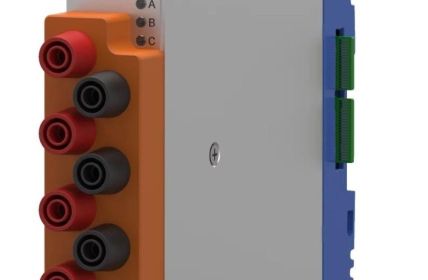Infoblox Chief Infomation Security Officer (Ciso) Ed Hunter and DNS expert Cricket Liu are not only convinced that 2022 will bring increasingly more challenges for network security. They also recommend the use of DDI against attacks from outside.
Table of Contents: What awaits you in this article
More flexibility – more risks
Decentralized services are becoming an increasingly popular trend, and not just since the circumstances of the pandemic. Both companies and customers are increasingly recognizing the growing benefits of flexible services at different locations. But with the increased use of many different end devices, security gaps are also growing.
Network security: A lot does not always help
In recent years, many operators have increasingly turned to securing their networks against external attacks with a variety of security solutions. In addition to mandatory anti-virus software and firewalls, end-to-end encryption is also increasingly being used. But instead of securing the associated systems, they are becoming increasingly insecure.
Lack of transparency does more harm than good
The protection systems, which are usually sealed off, often tend to hinder themselves in their effectiveness. Instead of being able to exchange information about possible threats with similar systems, each one works alone. Different interfaces often produce duplicate error messages, putting a strain on already fragile systems.
DDI as a way out?
According to security experts, the DNS could be a worthwhile way out of this mess. The Domain Name System can provide IT security with an all-encompassing overview of system security. As the weakest link in the chain, the DNS is an ideal starting point for rethinking security.
It is not without reason that more and more attackers are using this structure to bypass already implemented protection solutions from the outset. It is therefore advisable to install integrated security architectures here instead of relying on isolated solutions further down the line.
Direct dialing in (DDI) and the underlying network basic services IPAM, DHCP and DNS promise all-round protection of the network from the periphery to the heart of the system. It can be used to track exactly what information is generated where and with what in the network. Unusual or conspicuous activities can thus be detected more quickly and stopped in good time.














